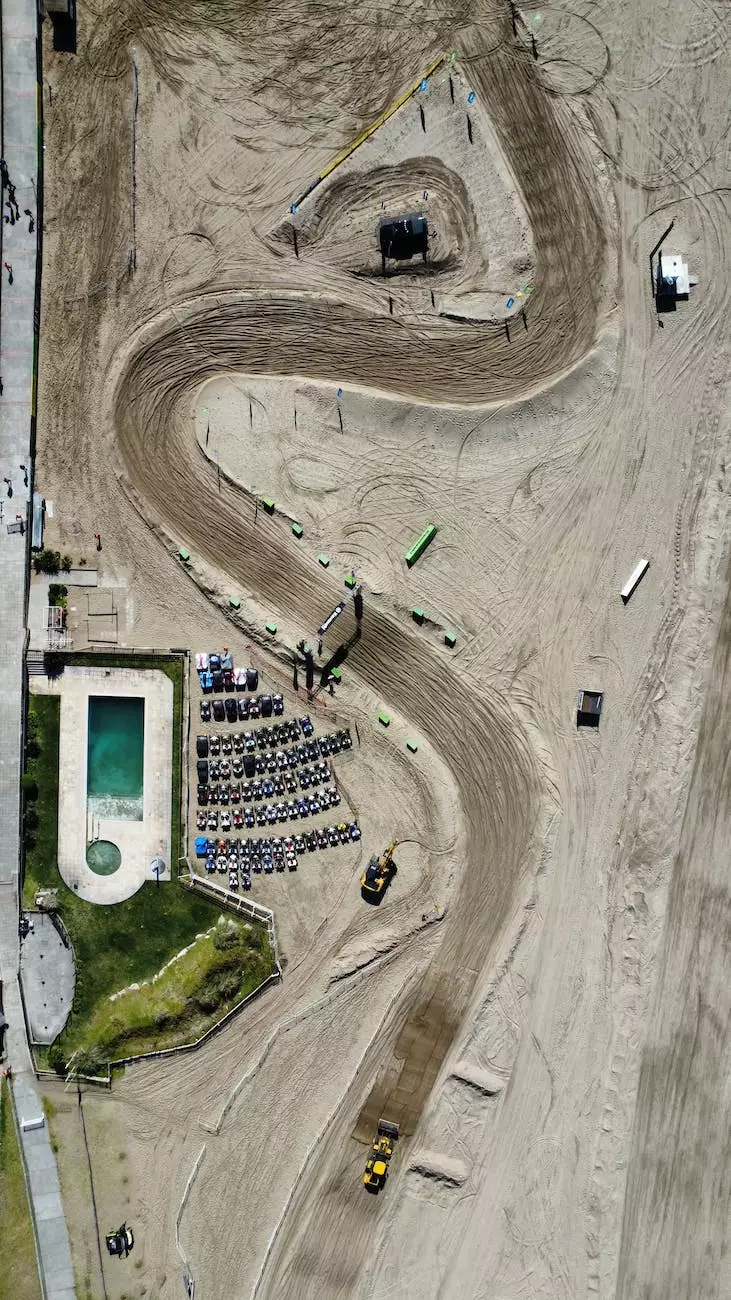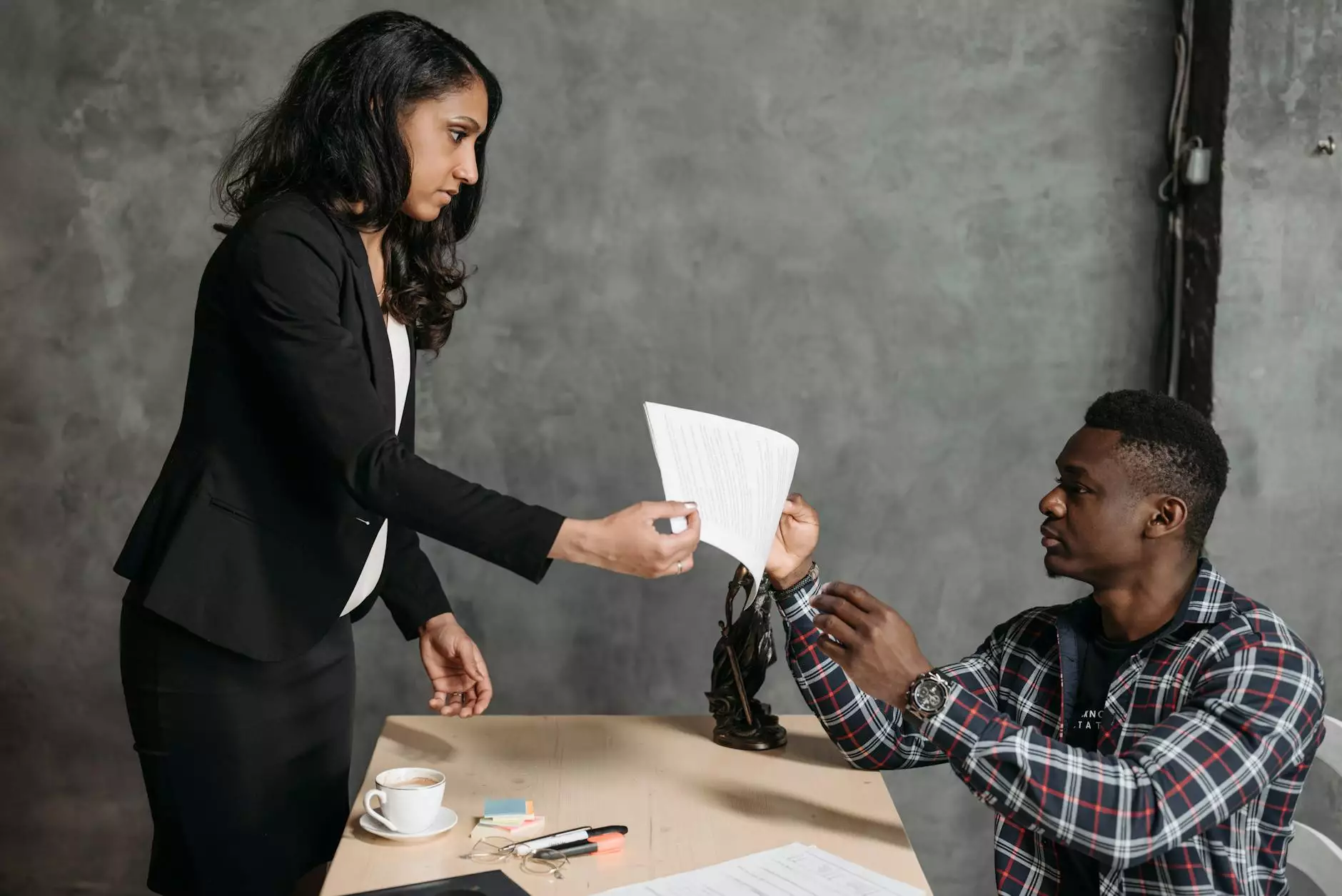Getting Your Car Fixed After an Accident
Blog
Introduction
When you're involved in a car accident, one of the most pressing concerns is getting your car fixed. After all, you rely on your vehicle for daily transportation, and driving a damaged car can be unsafe and inconvenient. In this guide, we will provide you with valuable information and guidance on how to navigate the process of getting your car fixed after an accident.
The Importance of Prompt Action
After an accident, it's crucial to take prompt action to ensure your safety and protect your rights. The first step is to contact the relevant authorities and seek medical attention if needed. Once the immediate concerns are addressed, it's time to focus on repairing your damaged vehicle. Delaying the process can lead to complications and potentially limit your options for reimbursement.
Hiring an Experienced Attorney
It's highly recommended to consult with an experienced car accident attorney like John P. Bennett, Attorney at Law, as they can provide valuable legal guidance and representation throughout the process. A skilled attorney will assess your case, gather evidence, communicate with insurance companies, and advocate for your rights. Their expertise will ensure you navigate the complex legalities involved in fixing your car after an accident.
Documenting the Damage
Before getting your car fixed, it's essential to document the damage as evidence for insurance claims or potential legal proceedings. Take detailed photographs of the accident scene, including the damage to your vehicle from various angles. Additionally, keep all relevant documents, such as police reports, medical records, and insurance information, as they will be crucial in supporting your claim.
Filing an Insurance Claim
Most drivers rely on insurance coverage to cover the costs of car repairs after an accident. To start the process, you'll need to file an insurance claim with your provider. Provide them with accurate and comprehensive information about the accident, including relevant documentation and any evidence gathered. It's essential to cooperate fully with your insurance company and follow their instructions throughout the claim process.
Choosing an Approved Auto Repair Shop
Your insurance provider may have a list of approved auto repair shops that you can choose from. These shops have pre-negotiated agreements with the insurance company, making the repair process smoother. Alternatively, you can select a reputable repair shop of your choice. Ensure the repair shop is licensed, experienced in handling accident repairs, and offers warranties on their work.
Obtaining Repair Estimates
Prior to authorizing any repairs, it's advisable to obtain multiple repair estimates from different auto repair shops. This will help you validate the cost of repairs and ensure you receive a fair settlement from the insurance company. Be cautious of repair shops that provide exceptionally low estimates, as they may compromise on the quality of work or use substandard replacement parts.
Repair Process and Communication
Once you've chosen a repair shop and authorized repairs, they will commence the process of fixing your car. During this time, effective communication is crucial. Stay in touch with the repair shop and inquire about the progress of the repairs whenever necessary. Reputable repair shops will be transparent and keep you informed about any delays or additional repairs that may be required.
Quality Control and Inspection
Before accepting your car after repairs, conduct a thorough inspection to ensure all damages have been adequately addressed. Check for any signs of incomplete repairs or new issues that may have arisen during the repair process. If you notice any discrepancies or unsatisfactory work, document them immediately and notify the repair shop. Most reputable shops will rectify any concerns promptly.
Dealing with Total Loss
In some cases, the extent of damage to your car may render it a total loss, meaning repairs would be uneconomical. If this occurs, your insurance company will provide you with a settlement based on the current market value of your vehicle. Consult with your attorney to ensure you receive a fair settlement that adequately covers the value of your car.
Conclusion
Getting your car fixed after an accident can be a complex process, but with the right guidance and support, it can be navigated smoothly. Remember to prioritize safety, document the damage, communicate effectively with your insurance company and repair shop, and consult with a knowledgeable car accident attorney like John P. Bennett, Attorney at Law. By following these steps, you'll be on your way to getting your car repaired and back on the road.









